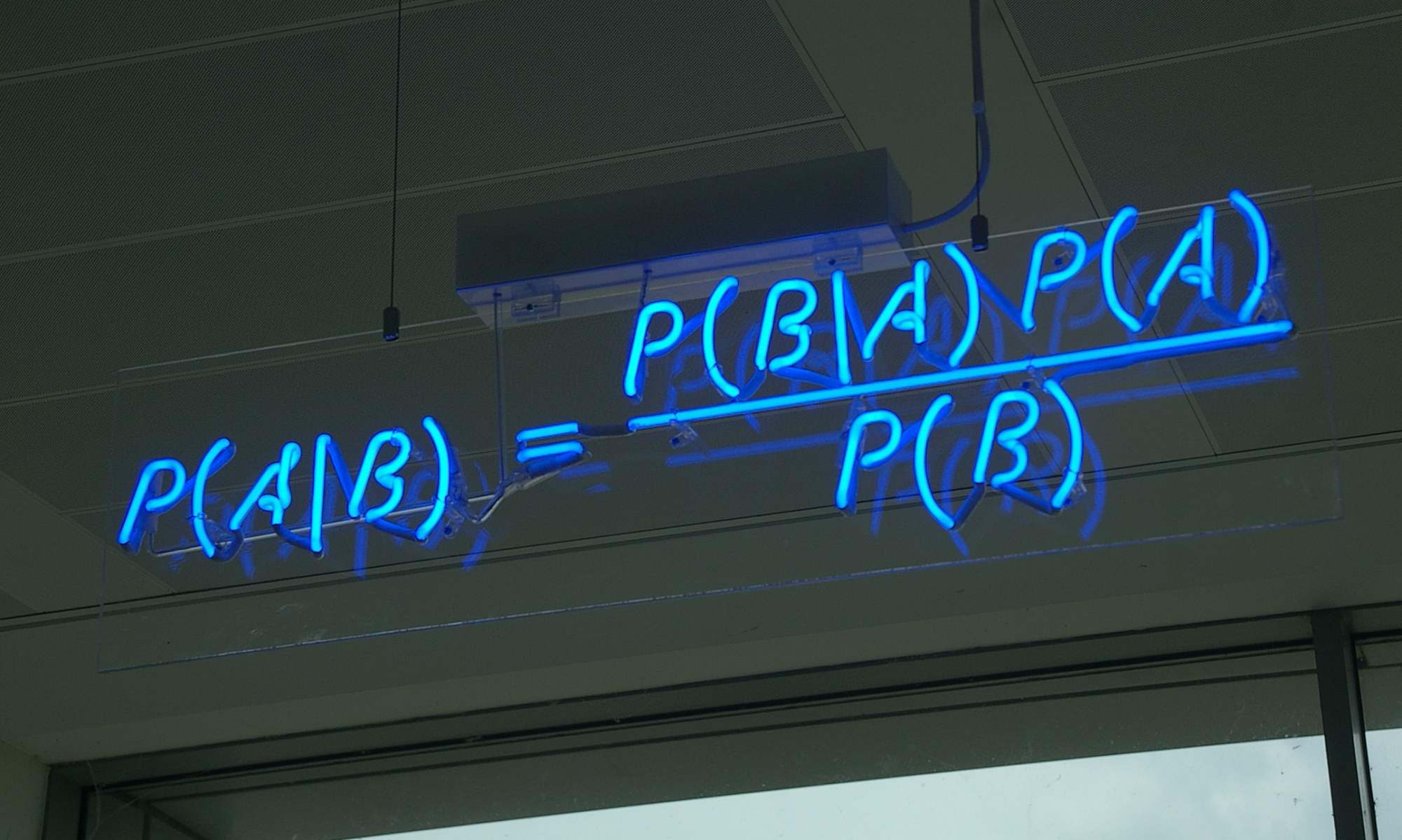Estimating the Weight Matrix in Distributionally Weighted Least Squares Estimation: An Empirical Bayesian SolutionReal data are unlikely to be exactly normally distributed. Ignoring non-normality will cause misleading and unreliable parameter estimates, standard error estimates, and model fit statistics. For non-normal data, researchers have proposed a distributionally-weighted least squares (DLS) estimator to combines the normal theory based generalized least squares estimation (𝐺𝐿𝑆_𝑁) and WLS. The key in DLS is to select an optimal weight 𝑎𝑠 to compute a weighted average of 𝐺𝐿𝑆_𝑁 and WLS. To better estimate 𝑎_𝑠 in DLS, we propose a method based on the delta method and the empirical Bayesian method. When data were normal, DLS and 𝐺𝐿𝑆_𝑁 provided similar root mean square errors (RMSEs) and biases of the standard error estimates, and were smaller than those from WLS. When the data were elliptical or skewed, DLS generally provided the smallest RMSEs and biases of the standard error estimates. Additionally, the Type I error rates of Jiang-Yuan rank adjusted test statistic (𝑇_𝐽𝑌) using DLS were generally around the nominal level.
Du, H., & Wu, H. (2024). Estimating the Weight Matrix in Distributionally Weighted Least Squares Estimation: An Empirical Bayesian Solution. Structural Equation Modeling: A Multidisciplinary Journal, 31(6), 952-964.
